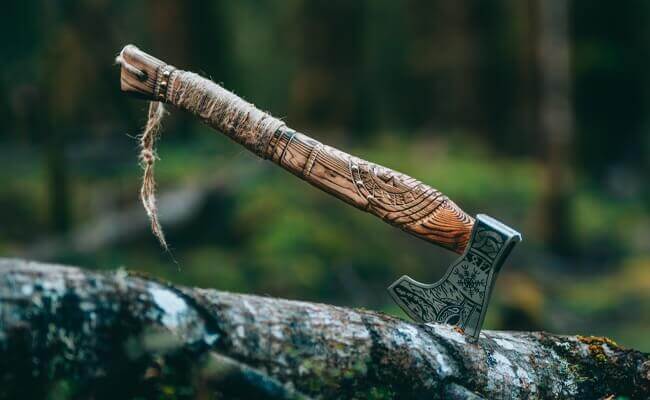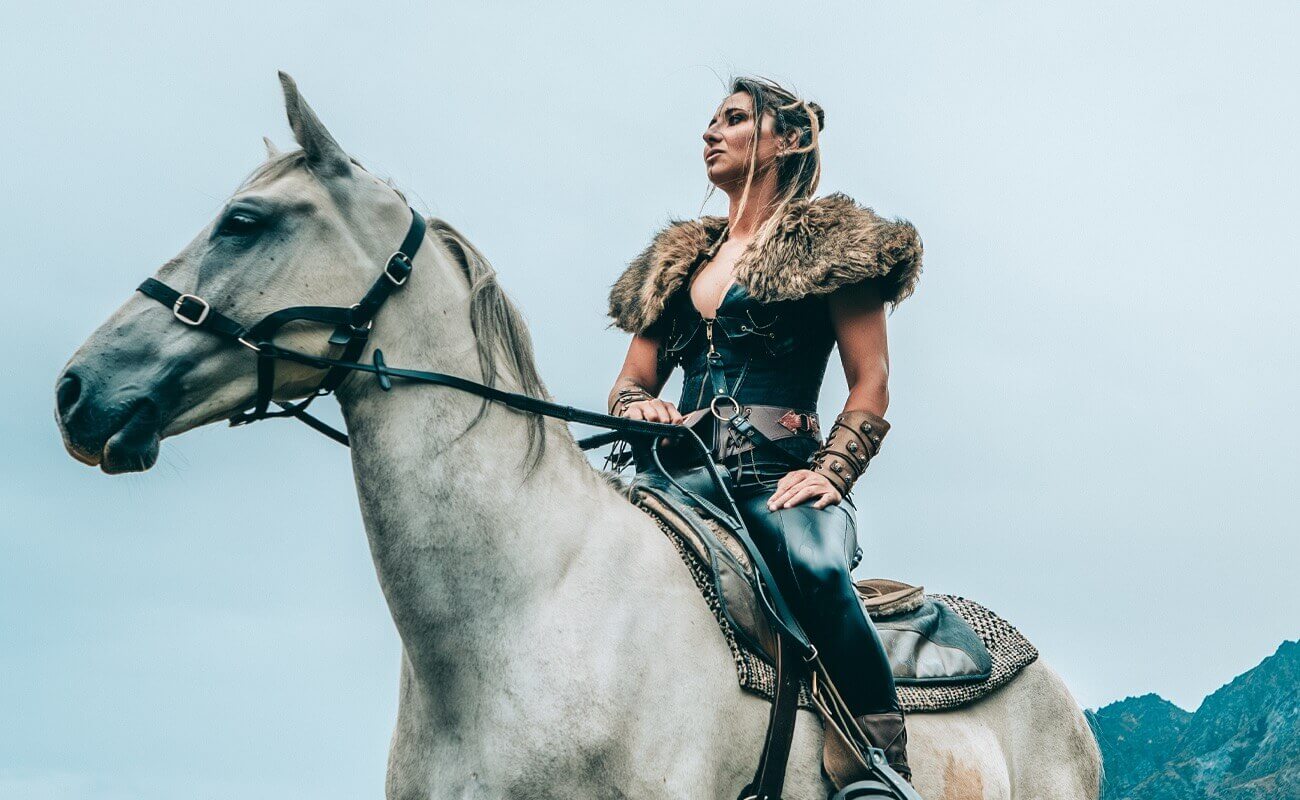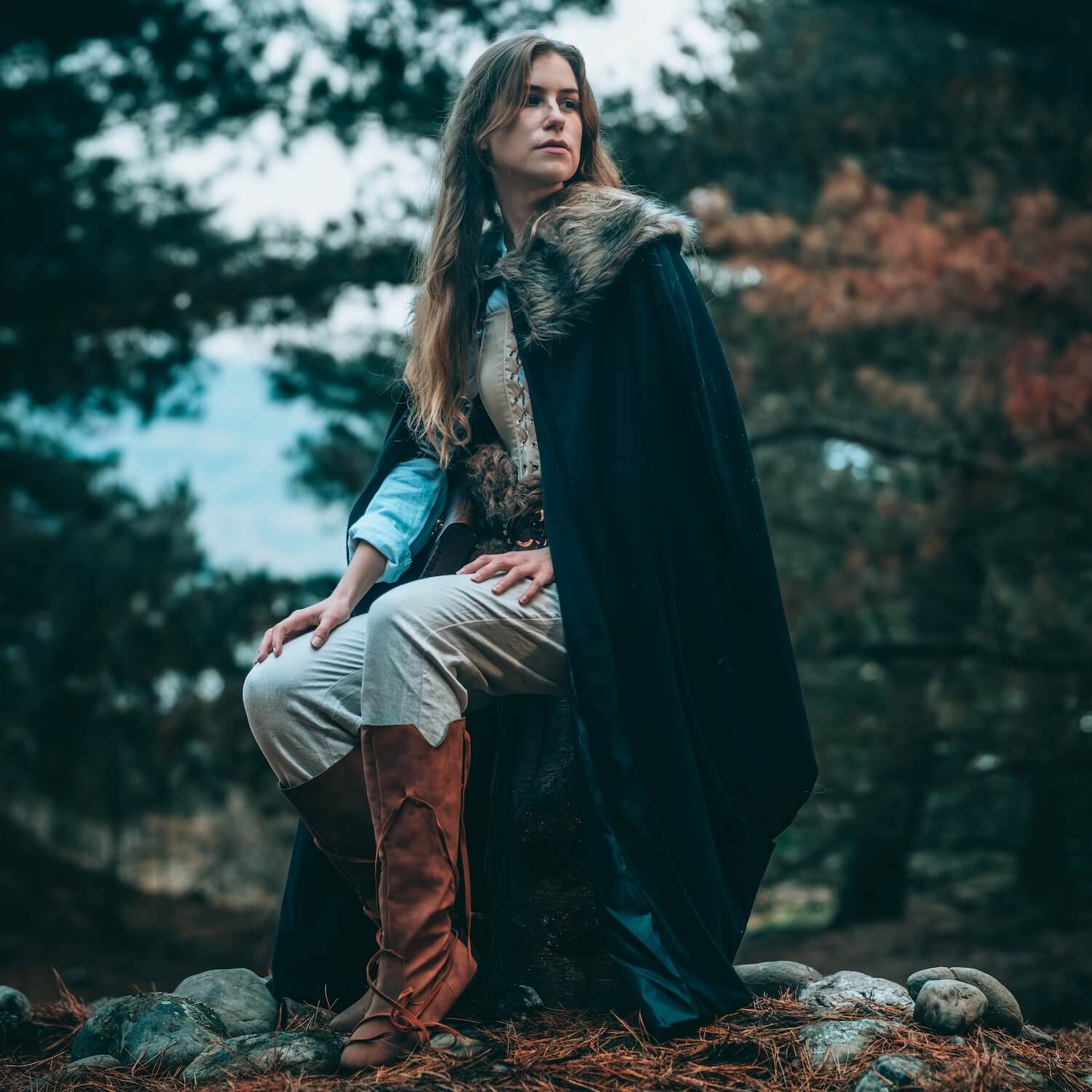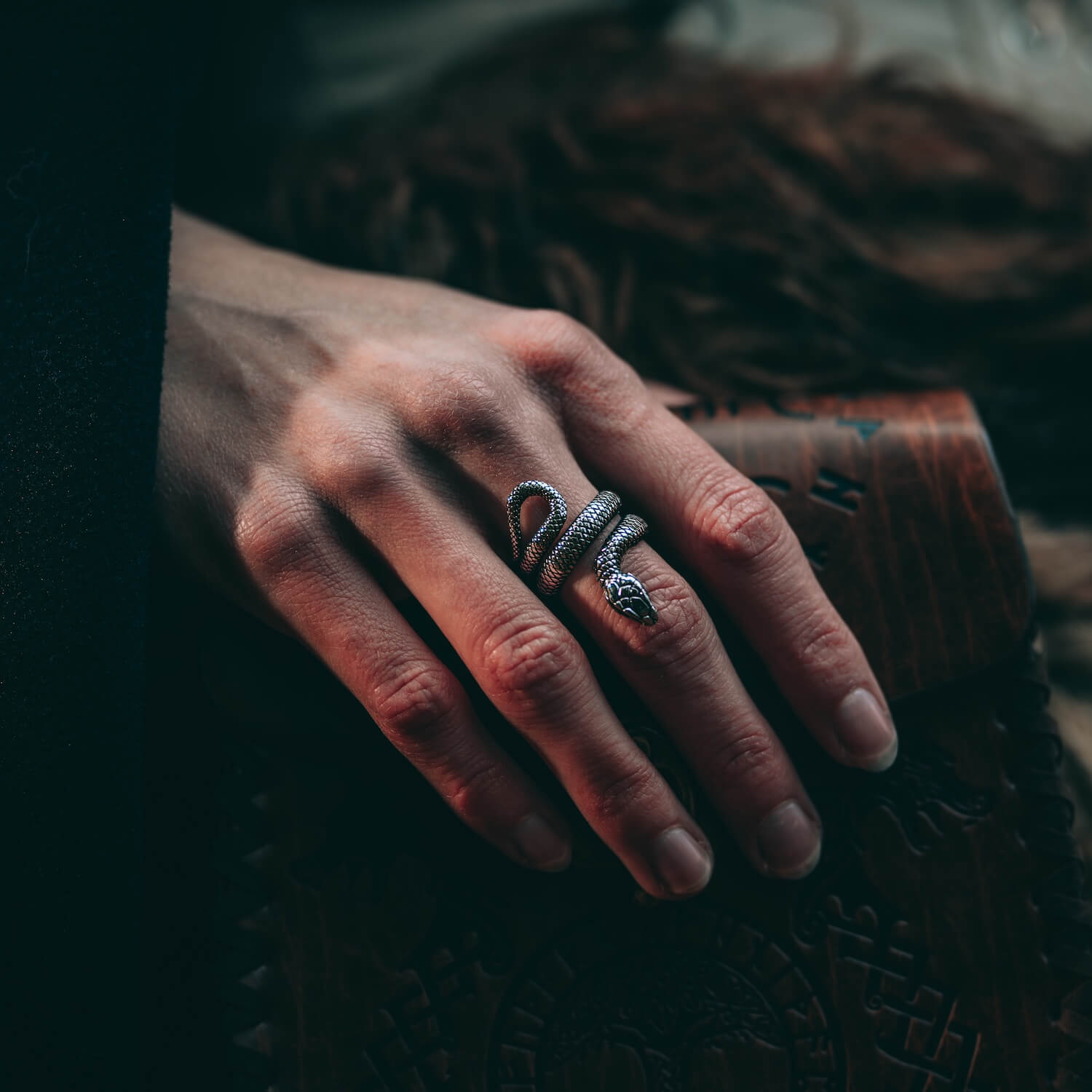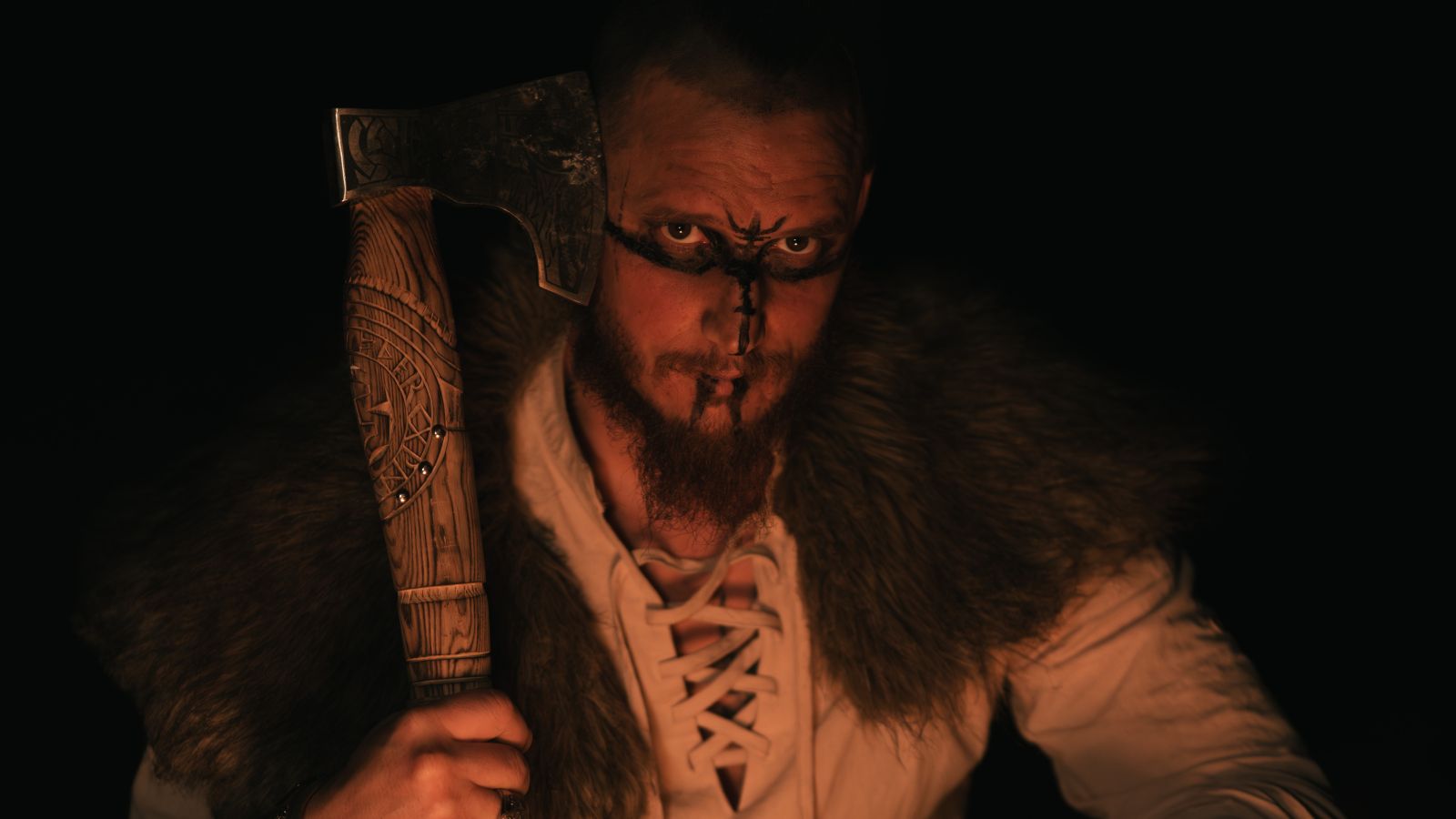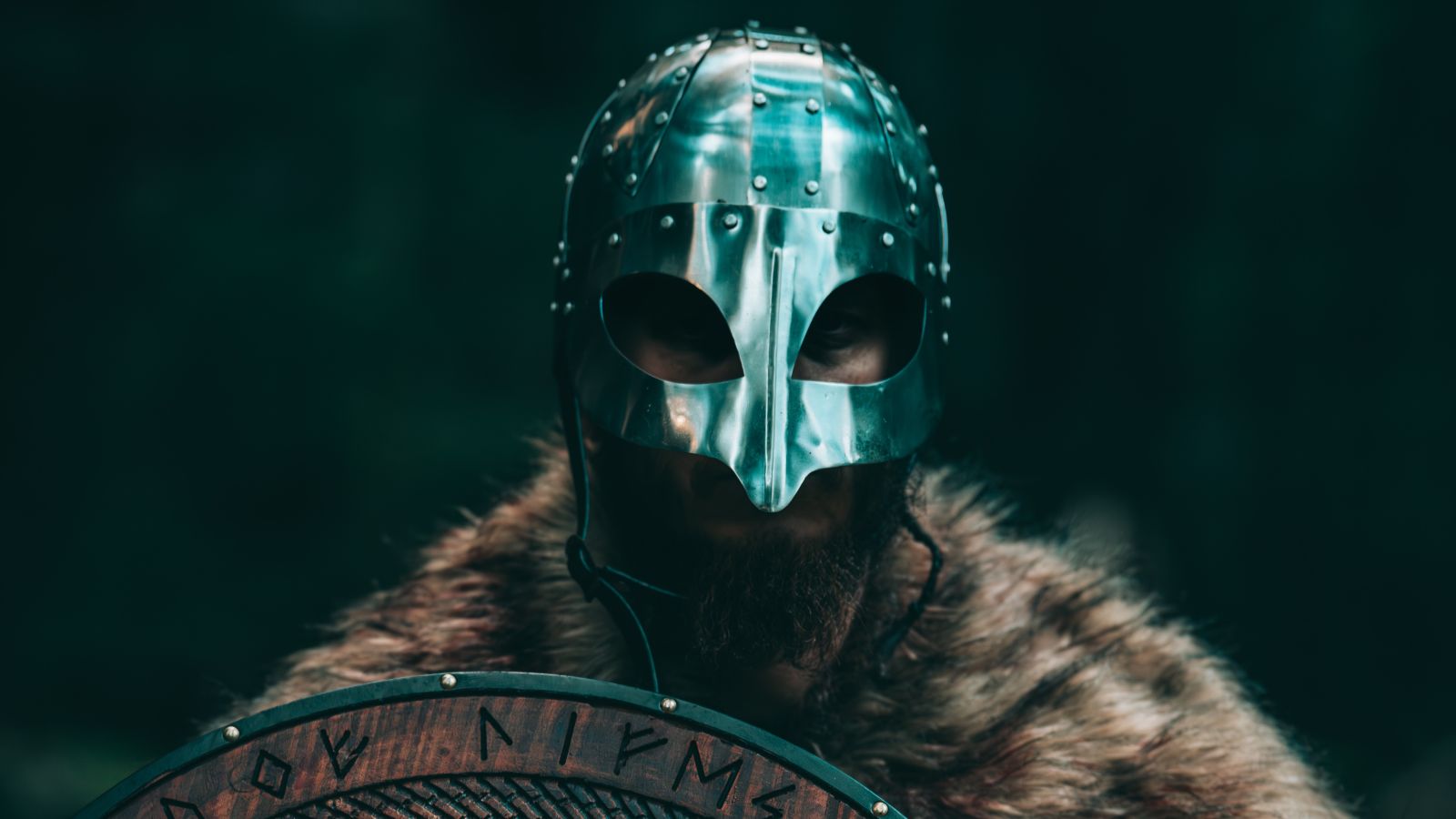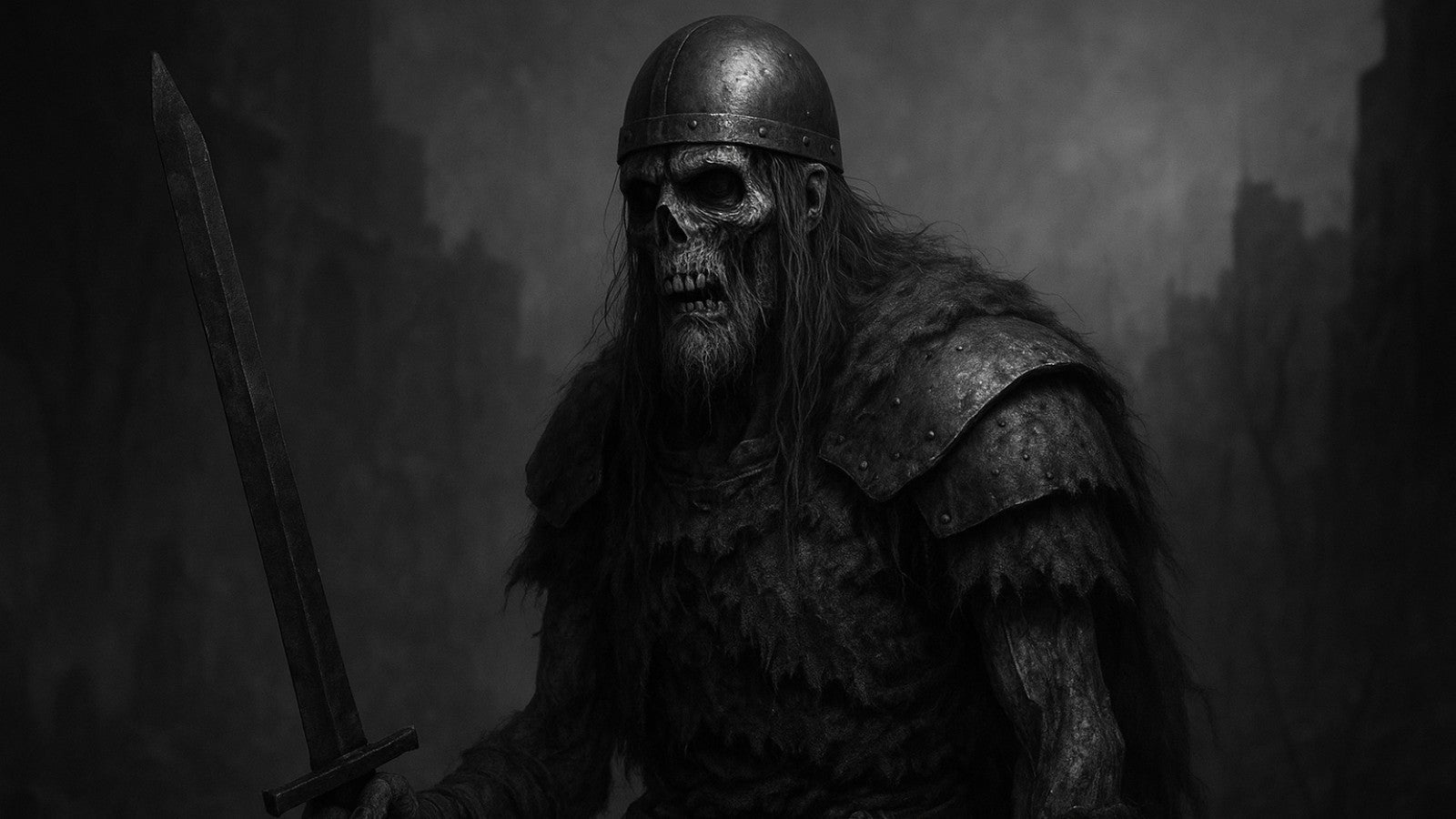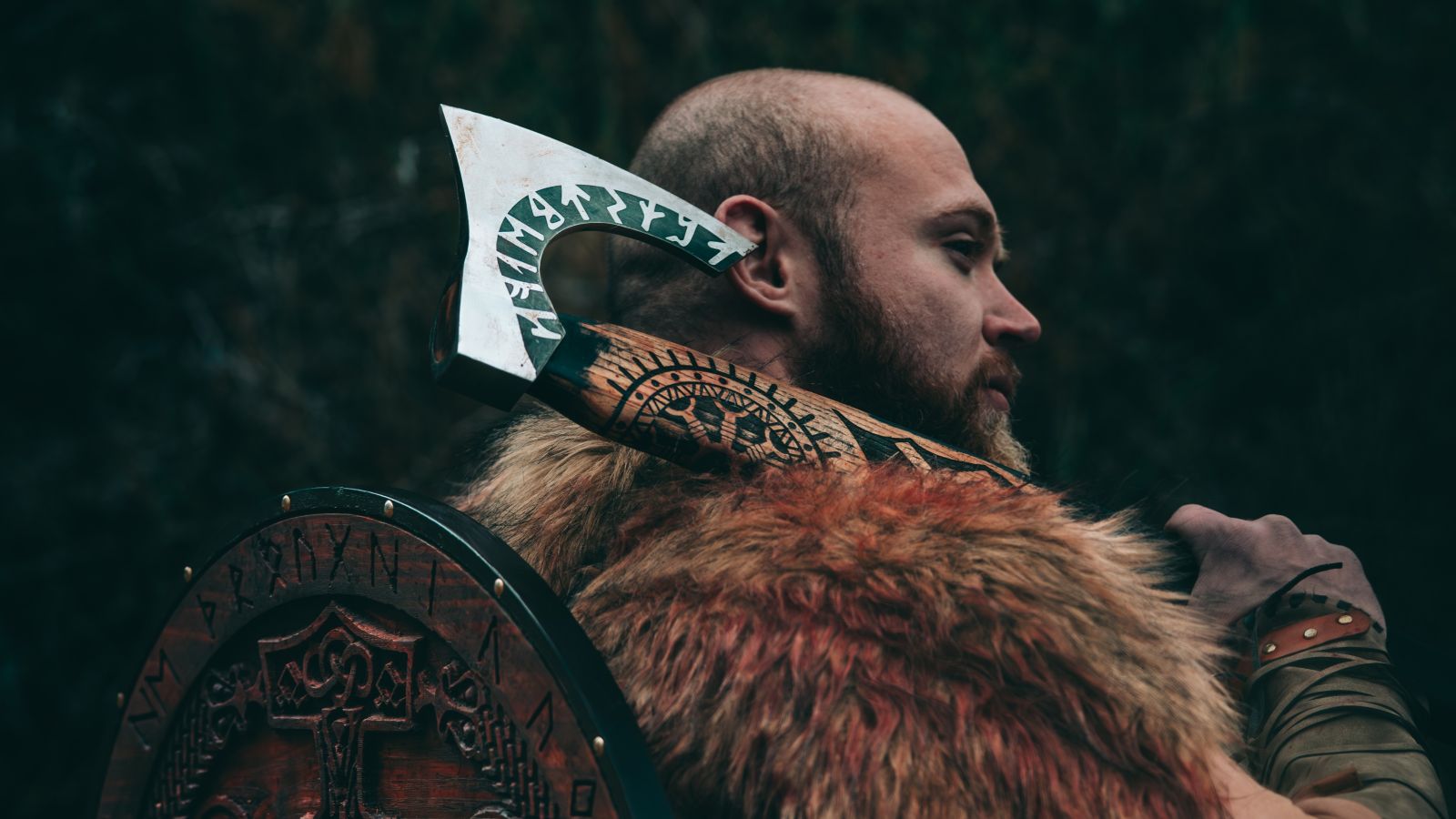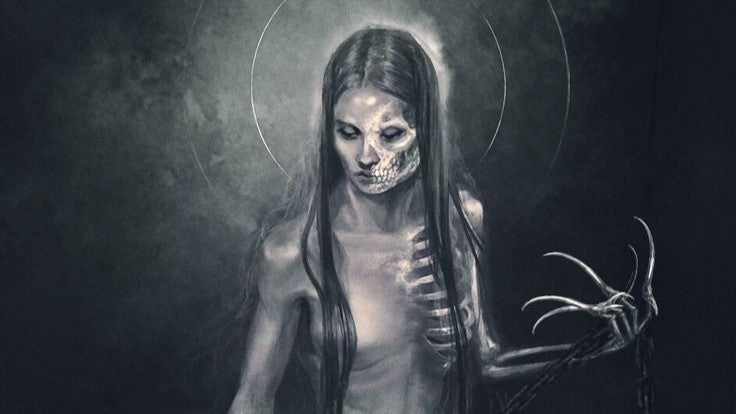
Hel: The Enigmatic Goddess of Death in Norse Culture
In the rich tapestry of Norse mythology, amidst tales of valorous gods and fearsome giants, lies a figure shrouded in mystery and intrigue—Hel, the Norse goddess of death. With her realm nestled in the dark depths of Niflheim, Hel commands a domain both feared and revered. Join us as we journey into the depths of Norse cosmology to unravel the enigma of Hel and explore her significance in the pantheon of Norse deities.
Hel, whose name means "hidden" or "concealed," is the daughter of the trickster god Loki and the giantess Angrboða. Her appearance, described as half alive and half dead, reflects the dual nature of her realm. Banished to the underworld by the Allfather Odin, Hel was tasked with ruling over the realm of the dead—those who did not die in battle, but rather from sickness or old age.
Helheim, the realm presided over by Hel, is a place of eerie desolation and perpetual twilight. It is said to be located beneath the roots of Yggdrasil, the world tree, and is accessible only to those who have passed through the veil of death. Helheim is a realm of contrasts, with vast icy plains juxtaposed with dark, cavernous halls where the souls of the departed reside.
As the ruler of Helheim, the Vikings' Goddess of Dath plays a crucial role in Norse cosmology. While other deities are associated with heroic feats and grand battles, Hel embodies the inevitable cycle of life and death. She is neither wholly malevolent nor benevolent but instead maintains a sense of impartiality, welcoming all who pass into her realm regardless of their deeds in life.
Hel's presence serves as a reminder of the impermanence of existence and the inevitability of death, an aspect of Norse mythology that emphasizes the cyclical nature of life. In this way, Hel represents not only the end of life but also the beginning of a new journey beyond the mortal realm.
Despite her somber domain, Hel's influence extends beyond the confines of Helheim. She is invoked in funerary rites and rituals, and her name is whispered in solemn reverence by those who seek guidance in matters of mortality. Hel's presence serves as a reminder of the interconnectedness of all things and the importance of embracing the cycle of life and death.
Hel stands as a figure both feared and respected, a testament to the enduring fascination with the mysteries of death and the afterlife. As we peer into the abyss of Helheim, we gain insight into the complexities of existence and the profound significance of embracing the inevitable passage from life to death. Hel, the goddess of death, beckons us to confront our fears and embrace the unknown, for in her realm, all journeys find their end and new beginnings await.

